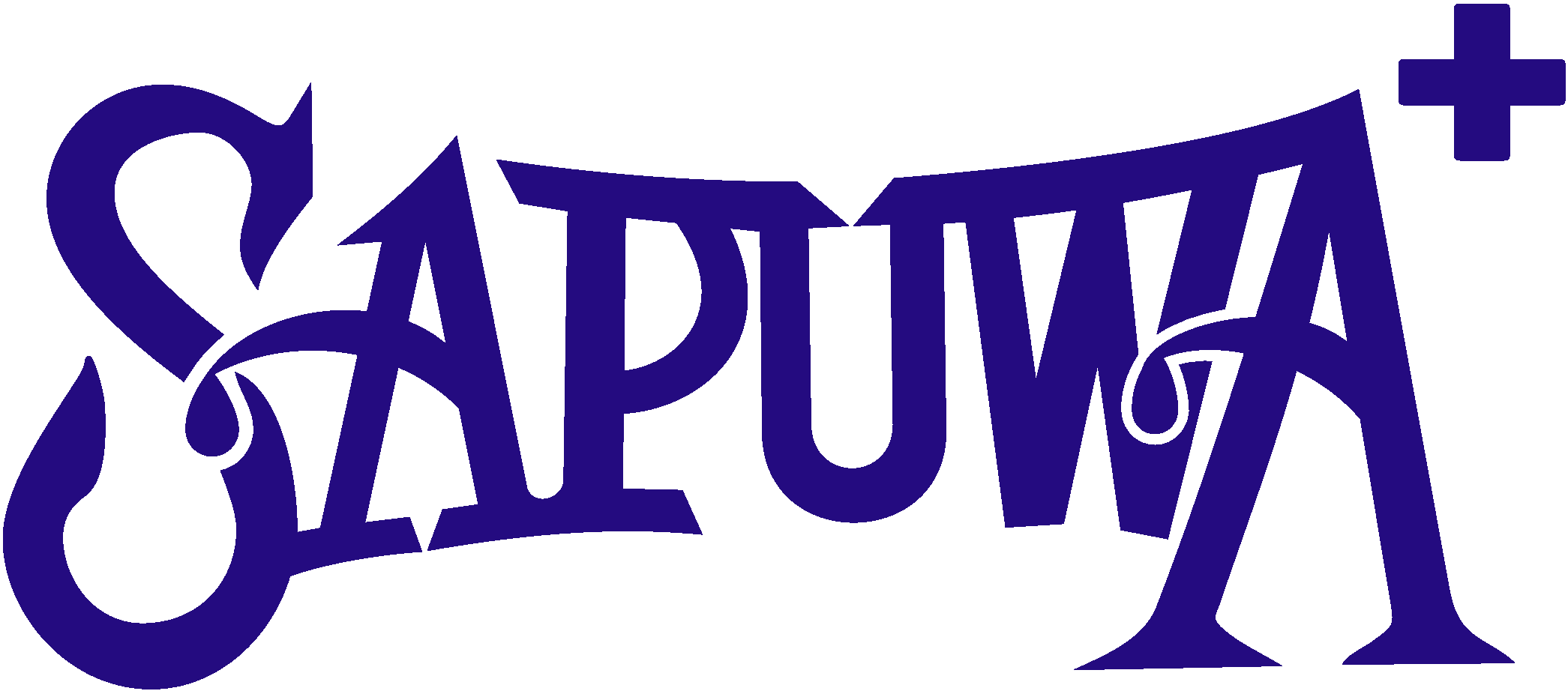The secret to drinking water properly after eating to protect your health
Drinking water is a healthy habit, but drinking water after eating is a controversial issue. Many people believe that drinking water after eating will dilute gastric juices, affecting the digestive process. So what is the reality of this problem? Let's find out details in the article below.
1. Should you drink water immediately after eating?
Drinking water after eating is a common habit that many people adopt without thinking much about its impact on health. However, the question is: Should we drink water immediately after eating?
When we eat, the digestive process begins right from the mouth with the participation of the enzyme amylase in saliva, which helps break down carbohydrates. As food moves to the stomach, digestive enzymes along with stomach acid continue to break down the food into easily absorbed nutrients. This process requires a pH-balanced environment to work effectively. Drinking water immediately after eating can dilute gastric juice, thereby affecting the efficiency of digestion and nutrient absorption.
In addition, water can reduce the ability to break down food, making digestion more difficult. This is especially true for foods high in protein or fat, which require more enzymes and stomach acid to fully digest. Therefore, drinking water after eating needs to be carefully considered to avoid health problems.
2. Harmful effects of drinking water after eating
Although not completely harmful, drinking too much water immediately after eating can cause a number of health problems such as:
Increases stomach acid
Drinking water immediately after eating can cause a sudden increase in stomach acid. When water is ingested, it stimulates the stomach lining to produce more acid to continue the digestive process. However, if this amount of acid exceeds the necessary level, it can cause problems such as stomach ulcers, indigestion, and even gastroesophageal reflux.
Affects the digestive system
When you drink water after meals, it can dilute digestive juices, including stomach acid and digestive enzymes. This reduces the ability to break down food into easily absorbable nutrients. As a result, food may not be fully digested, leading to digestive problems such as bloating, indigestion, and digestive disorders.
Symptoms of heartburn and acid reflux
Heartburn and acid reflux are common symptoms when the digestive system is not working effectively. When you drink water after eating, the dilution of stomach acid and digestive juices can increase pressure in the stomach, causing acid reflux into the esophagus. This leads to a burning sensation and discomfort in the chest area, accompanied by symptoms of heartburn.
Causes weight gain
Some studies have shown that drinking water after meals can contribute to weight gain. The reason is because water dilutes digestive juices, prolongs digestion and nutrient absorption, leading to a longer feeling of fullness. However, this can also cause the body to store more energy from food, leading to overweight.
Changes in blood sugar levels
Drinking water after eating can also affect blood sugar levels in the body. As water slows down the digestive process, sugar from food is also absorbed more slowly into the bloodstream. This can lead to unstable fluctuations in blood sugar, which is especially dangerous for people with diabetes.
Reduced absorption of nutrients
When digestion is disrupted by drinking water after eating, the absorption of important nutrients such as vitamins, minerals and protein can also be reduced. This can lead to nutritional deficiencies, affecting overall health, including the immune system, muscle function, and many other biological processes.
3. Some notes about drinking water when eating
-
Drink water before eating: One of the best ways to maintain digestion is to drink water about 30 minutes before eating. This helps the body have enough water to produce gastric juices and digestive enzymes, without diluting them when you start eating.
-
Drink water about 30 minutes to 1 hour after eating: If you feel the need to drink water after eating, wait at least 30 minutes to 1 hour. This is enough time for the body to complete the initial digestion process and absorb most of the nutrients from food.
-
Choose appropriate types of water: If you must drink water immediately after eating, choose drinks that do not contain gas, caffeine or sugar. Filtered water is the best choice because it does not affect digestion.
-
Note on water intake: Drink water in moderate amounts, avoid drinking too much at one time. Drinking too much water can increase pressure on the stomach and digestive system, leading to unwanted health problems.
Drinking water after eating is a habit that needs to be carefully considered to avoid negative health effects. From increasing the amount of stomach acid, affecting the digestive system, to causing symptoms of heartburn and belching, weight gain, changes in blood sugar levels, and decreased absorption of nutrients, drinking water After eating can cause many problems if not done properly.
Relative post
- The secret to staying hydrated when traveling for a complete trip
- What should women over 30 drink to have beautiful skin and a youthful figure?
- Where should you go on September 2 in Ho Chi Minh City - Top 10 extremely hot places today
- September 2nd, where should we travel to heal our souls?
- Explain what electrolyte disorders are and effective ways to prevent them
- Alkaline ionized cooking water does not reveal surprising benefits
- Electrolyzed water to treat atopic dermatitis takes advantage of natural power
- Ways to alkalize the body protect health and prevent disease
- 5 signs of excess acid in the body and effective ways to balance it
- Types of water you should and shouldn't drink at night for a good night's sleep
- The secret to making tea with alkaline ionized water is especially delicious
- Healing benefits of alkaline ionized water for colitis








 0
0


